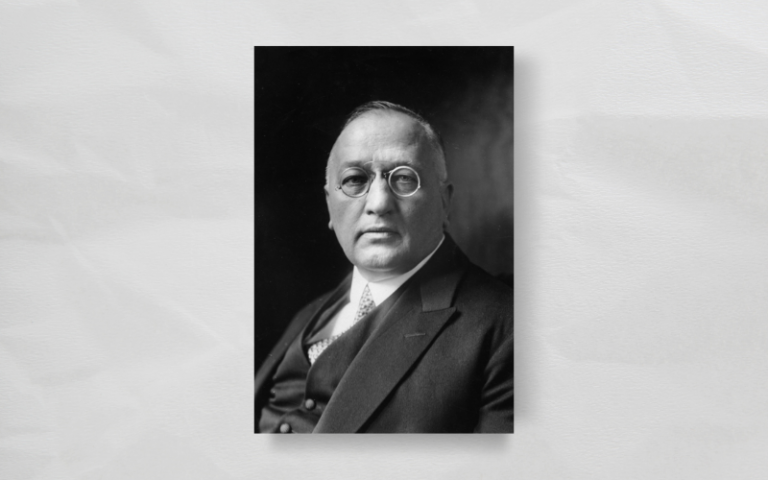A Slovene Solution? Dr Anton Korošec and the Kingdom of Serbs, Croats and Slovenes, 1918-1928
14 March 2023, 6:00 pm–8:00 pm

A SSEES Study of Central Europe seminar with Emma Hatto
This event is free.
Event Information
Open to
- All
Availability
- Yes
Cost
- Free
Organiser
-
SSEES
Location
-
Masaryk RoomUCL School of Slavonic and East European Studies16 Taviton streetLondonWC1H 0BW
Following the creation of the Kingdom of Serbs, Croats and Slovenes in December 1918, the Slovene People’s Party leader and Catholic priest Dr Anton Korošec quickly emerged as the voice of the Slovene electorate, and indeed as one of the kingdom’s most prominent politicians. Having begun his political career advocating a modest degree of Slovene administrative autonomy within the Habsburg Empire, Korošec arrived at the Belgrade Skupština with a clear sense of the devolved, federal-style government model which he believed would best suit Slovene interests within the new Yugoslav kingdom. His vision, however, was shattered by the kingdom’s adoption of the highly centralist Vidovdan Constitution in 1921. Believing state centralism to be detrimental to not only Slovene, but also Yugoslav national interests, Korošec dedicated himself and his party to securing a degree of administrative autonomy for the Slovene regions of the kingdom. He sought to achieve this through Yugoslav-minded participation within the Belgrade Skupština and a number of its successive, short-lived coalition governments throughout the 1920s, collaborating and building strong working relationships with key parties within the Yugoslav political system. This strategy ultimately paid off well; by 1927, he was able to negotiate a series of economic and administrative concessions for the Slovene regions from the then-dominant Serb Radical Party, despite its centralist stance. Following the June 1928 Skupština assassinations, which plunged the Kingdom into a parliamentary crisis, Korošec succeeded in forming a coalition government as a result of these inter-party relationships. Though his government eventually collapsed as a result of the divided, hostile Skupština he had inherited, his premiership proved both that Slovenes could play a leading role within Yugoslav politics, and that it was possible to balance the interests of the broader Kingdom alongside those of its multiple national groups.
About the Speaker
Emma Hatto gained her PhD in History from the University of Southampton in 2022. Her thesis examined the Yugoslav political career of the Slovene Dr Anton Korošec, his role in the creation of the Kingdom of Serbs, Croats and Slovenes and its early parliamentary life, and the balance he struck between prioritising his dual Slovene and Yugoslav political agendas in the period 1918-1928. Her work has been published in both English and Slovene; most recently, in Časopis za zgodovino in narodopisje. She has also presented her research at various conferences in the UK and internationally, and in 2022 was invited to speak at the Conference in Commemoration of the 150th Anniversary of Dr Anton Korošec’s Birth (Simpozija: Praznovanje 150 letnice rojstva dr Antona Korošca in Slovenia.
Image credit: Wikimedia, Bundesarchiv Bild 183-2010-0420-501, Anton Korosec.jpg
 Close
Close

